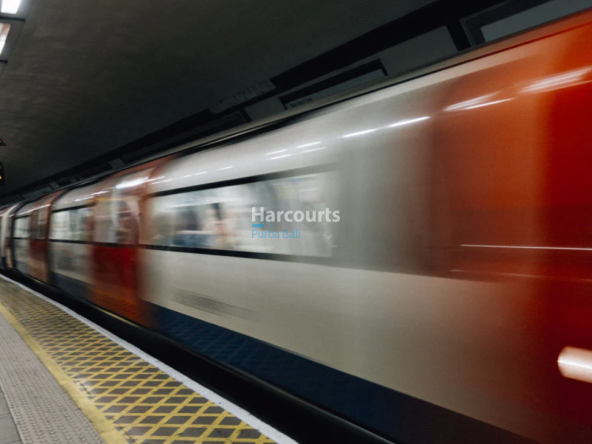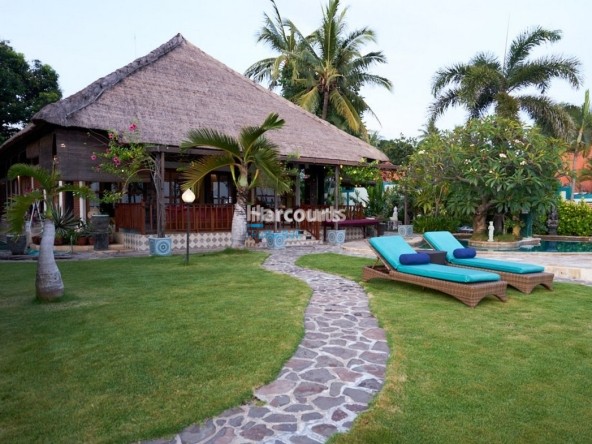The Coordinating Minister for Maritime Affairs and Investment, Pak Luhut Binsar Panjaitan, announced that Indonesian officials will not open the tourism sector to foreign tourists until the end of 2020.
The Provincial Government of Bali was set to reopen the tourism sector for foreign tourists on September 11, 2020, followed by strict health protocols to reduce the potential for transmission of coronavirus. The government has now decided to optimise Indonesia’s domestic tourists in a move to restore the tourism industry which collapsed due to the COVID-19 pandemic.
“We want 70 percent of domestic tourists: foreign tourists we will not accept until the end of the year. Let us first consolidate,” said Luhut in a webinar held by APINDO, Thursday (13/8).
Until President Joko Widodo releases an official government decree travellers have no choice but to wait and hope that Bali will reopen soon.
The cash crunch faced by many hotels across Bali grows in severity. To offset closures and severely impacted revenues hotel owners have reduced costs, many are utilising government schemes to support cost management, but generally properties are operating at gross operating losses.
While many commentators and industry analysts paint a doom and gloom scenario it’s worth remembering that the region’s hotel industry entered this crisis from a position of strength. Furthermore, hotel owners have been forced to innovate beyond cost management with alternative sources of financing to offset cash flow issues that show no meaningful signs of abating in the short to medium term.
Investors see beyond COVID-19. Several themes are emerging which demonstrate how investors are reimagining the industry beyond COVID-19 such as reallocation of capital. Some owners will need to look at rationalising their portfolios and this will potentially include strategic sales of non-core assets and possible distressed sales where financial obligations can no longer be met.
Of course, there will be no shortage of investors looking to alleviate the cash crunch facing many owners. Investors are actively searching for hotel deals, with main buyers coming from private equity, high networth and conglomerate pools. Much of this capital still remains to be deployed and we see no shortage of investors enquiring for possible transactions.
Owners still aim to ride out the crisis. With banks showing a period of flexibility some positions will be resolved come 2021, but for those who are unable to find solutions (including from alternative debt providers) they will be forced into taking action. Macro fundamentals in markets such as China, Japan and even Singapore are poised to potentially aid the quickest recovery.
Domestic spending power could bridge the gap. Given the number of Asian countries closed to tourists, those taking a vacation nationally will be an important factor in the Indonesian hotel recovery story. But its contribution to the industry will vary across markets, especially taking into consideration many Indonesians have suffered due to chronic low income.
Markets such as Indonesia, Thailand and Vietnam, with high levels of domestic tourism, may not fare as well given the domestic spending power of these tourists cannot replicate the purchasing power of foreign arrivals.
Eventually it’s likely the Indonesian travel sector will rebound: given Bali’s popularity. Clearly recovery will take time but prudent cost management gives us reason to believe that the hotel industry here is facing the “cash crunch” with a degree of confidence.





